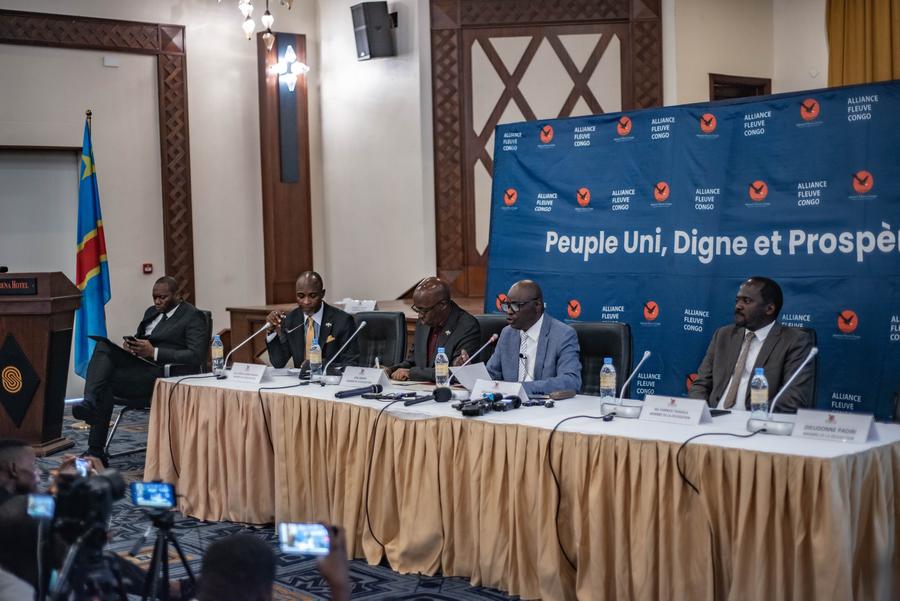Peace initiatives aimed at ending decades of conflict in the eastern Democratic Republic of the Congo (DRC) continue to face setbacks, with fresh clashes undermining diplomatic progress.
The March 23 Movement (M23) rebel group announced last week that it had dispatched a two-member delegation to Doha, Qatar, but stressed that its mandate is limited to technical talks on ceasefire mechanisms and prisoner releases. Broader political negotiations remain stalled, despite hopes raised by the July 19 Doha Declaration, which envisioned a comprehensive peace agreement by mid-August.
At the United Nations, officials voiced growing alarm at the humanitarian and security toll. UN Assistant Secretary-General for Africa Martha Ama Akyaa Pobee told the Security Council that while diplomatic steps including the Washington Agreement between the DRC and Rwanda offered a degree of promise, violence on the ground continues to spiral. She highlighted reports that M23 fighters massacred 319 civilians in Rutshuru in July and have captured new territory across North and South Kivu.
The situation escalated further on August 23, when M23 fighters seized the strategic village of Lubumba in South Kivu’s Uvira territory, raising fears that the temporary provincial capital could soon be encircled. Both Kinshasa and M23 accuse each other of violating the Doha ceasefire, with the government citing “flagrant violations” of UN Security Council Resolution 2773, which demands an end to Rwandan support for M23 and calls for reciprocal action by Kinshasa against other armed groups.
Meanwhile, the humanitarian crisis has reached staggering levels. The UN estimates more than 28 million Congolese face acute food insecurity, while over 7 million are displaced, many multiple times. Armed groups, including the Allied Democratic Forces (ADF), have intensified attacks, displacing communities, recruiting children, and committing widespread sexual violence.
Despite the grim outlook, Pobee urged continued engagement, stressing that meaningful negotiations, coupled with robust international support, could still lay the groundwork for lasting peace. But with both sides locked in mutual recriminations and civilians bearing the brunt of hostilities, the future of the Doha peace process remains clouded in uncertainty.

